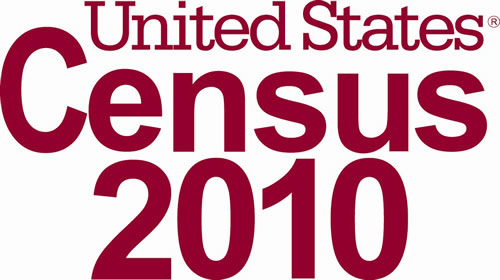The 2010 U.S. Census report shows Georgia's Hispanic population nearly doubled over the last 10 years, while other reports indicate this rapidly growing population is highly disadvantaged in terms of its health status.
A coalition of programs, faculty and students at Emory University will partner with the Hispanic Health Coalition of Georgia to conduct new research and develop interventions aimed at improving health for Georgia Latinos.
About 865,689 people who identify themselves as Hispanic were living in Georgia in 2010, as compared to 435,227 in 2000.
According to census data, 32.4 percent of Hispanics are uninsured, as compared to 21 percent of blacks, 17.2 percent of Asians and 12 percent of whites. Over 40 percent of Latino children in Georgia rely on Medicaid programs for health care according to a report by La Raza: The Meaning of Medicaid: A State-by-State Breakdown. La Raza is the largest Latino civil rights and advocacy organization in the United States
In light of these population increases, gaps in medical insurance and other health concerns, Emory University’s Urban Health Initiative, Office of University-Community Partnerships and Rollins School of Public Health are joining with the Hispanic Health Coalition of Georgia in the project, "The Health Status of Latinos in Georgia: Issues, Findings and Considerations."
The project is funded by Healthcare Georgia Foundation and will allow the partners to update its Report on the Health Status of Latinos in Georgia, conduct new research in key areas and hold a summit on Latino health during the summer of 2012 at the Rollins School of Public Health. Following the summit, the partners will pursue further opportunities for research and interventions to address the findings in the report.
Heidy Guzman, executive director of the Hispanic Health Coalition of Georgia reports, “Emory will provide research expertise, share data and assist in initiating new research to update our report. Students will participate through internships and courses and will assist in the planning and implementation of the summit on Latino health at which the report will be presented.”
The Office of University-Community Partnerships is the lead coordinating unit and will provide research support and facilitate indicator reports. The Urban Health Initiative will coordinate meetings and activities leading to the Latino Health Summit.
Karen Andes, PhD, assistant professor in the Hubert Department of Global Health at the Rollins School of Public Health and faculty director for the project, notes, “The rapid growth of the Latino population in Georgia makes it a moving target - we hope to build partnerships that will allow us to move and grow with the Latino community.”
Carolyn Aidman, PhD, project coordinator in Emory’s School of Medicine, Department of Pediatrics, will provide coordination through the OUCP and the Urban Health Initiative (UHI).
“The Emory University Urban Health Initiative forges vital university and community partnerships in health care, education and community planning, with all partners working to change the trajectory for the children, youth, and families of metropolitan Atlanta and the state of Georgia. This project is an example of how several university departments and initiatives and community partners can work together,” according to Jada Bussey-Jones, MD, co-director of the Urban Health Initiative.
Other partners include the Emory University School of Medicine, Emory’s Nell Hodgson Woodruff School of Nursing and the Emory Global Health Institute.

